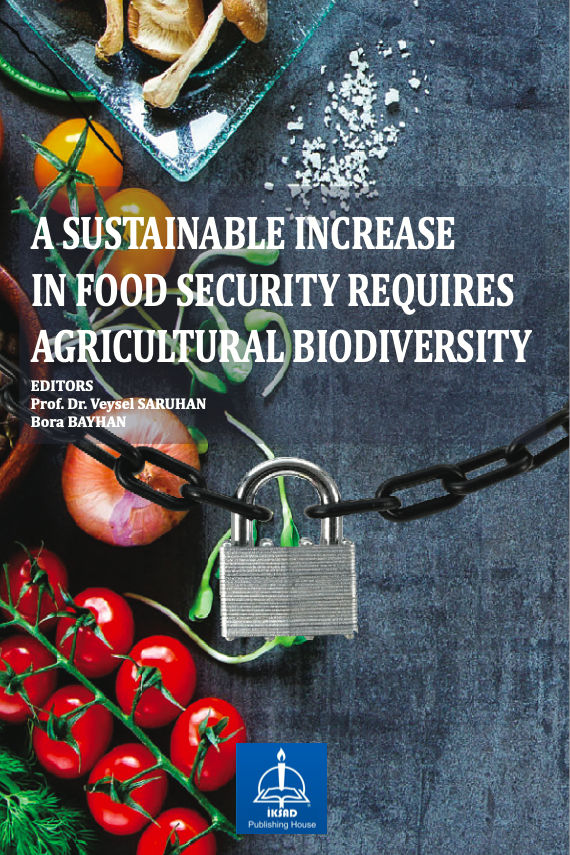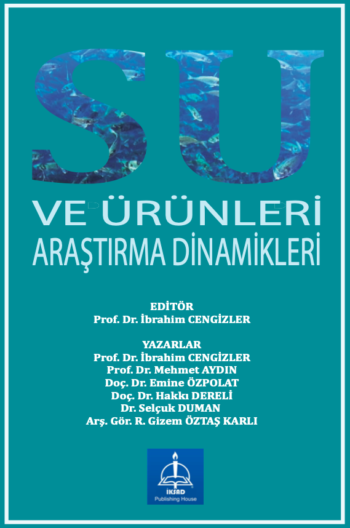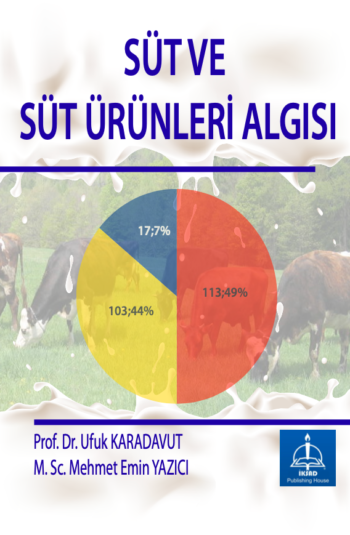Millions of individuals worldwide are experiencing a change in their life due to breeding, agronomy, and transgenic techniques. The agricultural biodiversity and vital long-term sustainability are impacted by plant genetic resources with beneficial effects on nutrition, agronomy, and the economy. Our agricultural system is mainly concerned with improving grain yield and crop productivity; it is not intended to improve human health. Currently, agriculture is changing from producing more food crops in greater quantities to improving the quality of cereal, fodder, and oilseed crops. Poor people’s lack of purchasing power, access to markets and healthcare systems, and lack of knowledge about the long-term health benefits are limitations. Humanity is being forced to take advantage of the chance by increasing production, converting biomass into energy and new products, intelligently intensifying marginal land, adopting tools for precise agriculture to help detect pollutant hotspots and poor soils, and evaluating specific interventions from an array of angles, including environmental, sociocultural, political, economic, ethical, and biomedical. Because the world population is rapidly growing , there is a continuing need for agricultural soils to produce more food.
A SUSTAINABLE INCREASE IN FOOD SECURITY REQUIRES AGRICULTURAL BIODIVERSITY
ISBN: 978-625-367-015-3





